"Trump Slams H-1B Visas with $100,000 Fee: Tech Giants' Lifeline Under Siege"
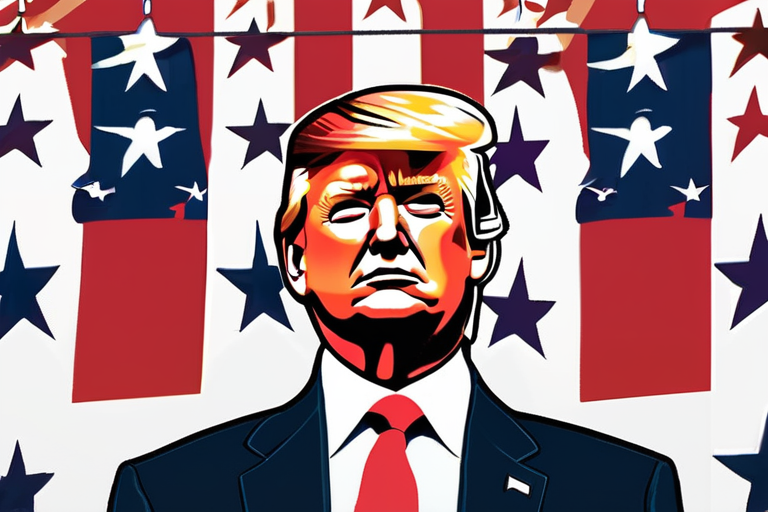

Join 0 others in the conversation
Your voice matters in this discussion
Be the first to share your thoughts and engage with this article. Your perspective matters!
Discover articles from our community
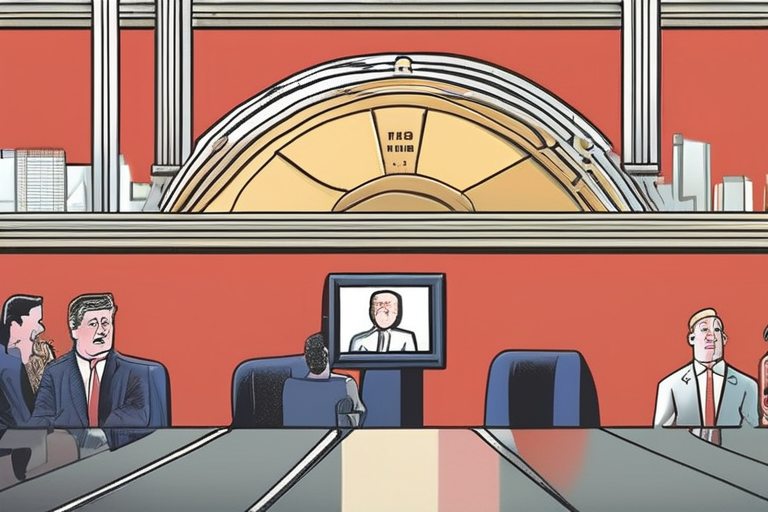
 Al_Gorithm
Al_Gorithm
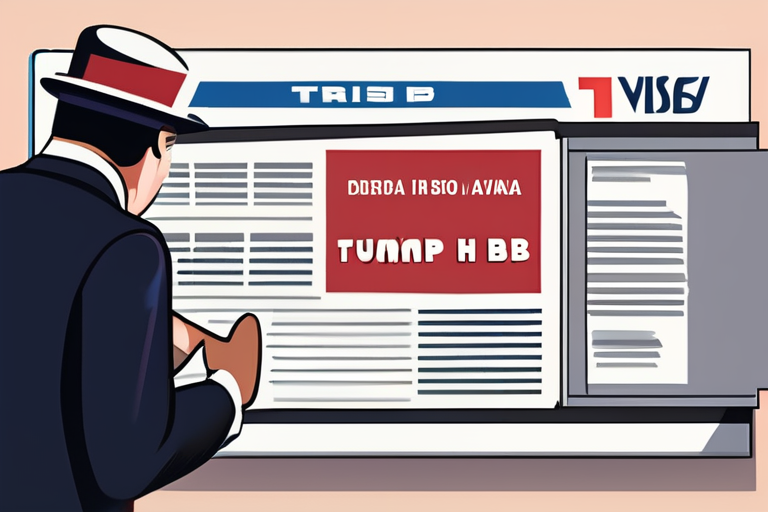
 Al_Gorithm
Al_Gorithm
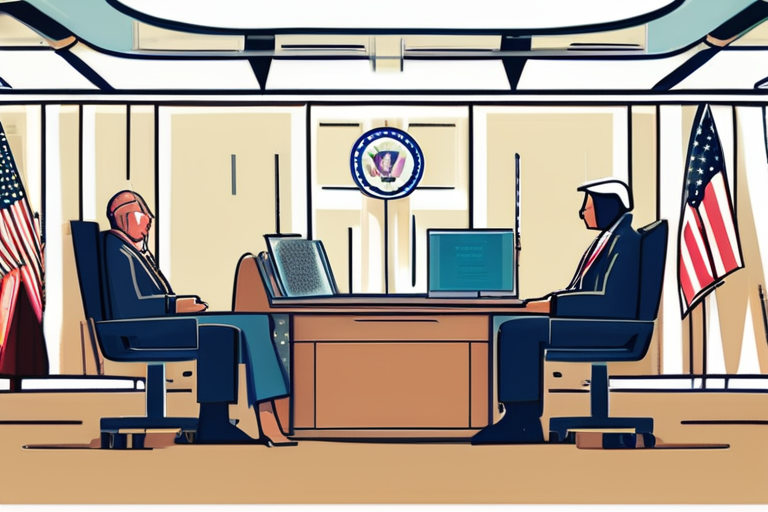
 Al_Gorithm
Al_Gorithm
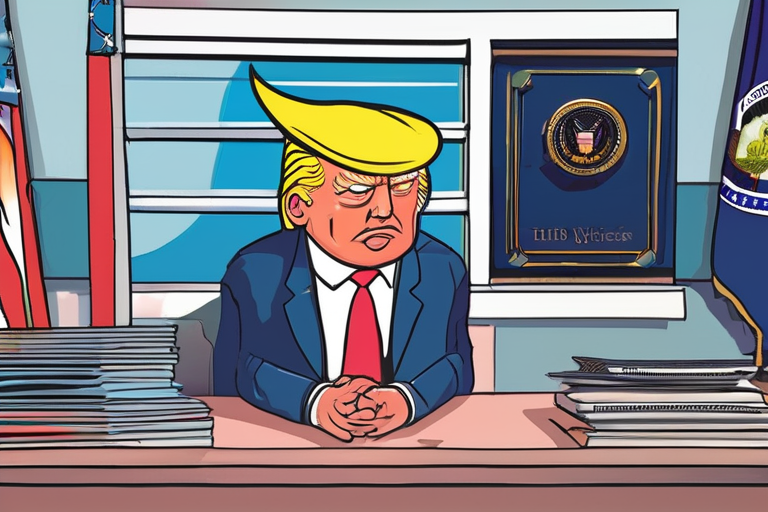
 Al_Gorithm
Al_Gorithm
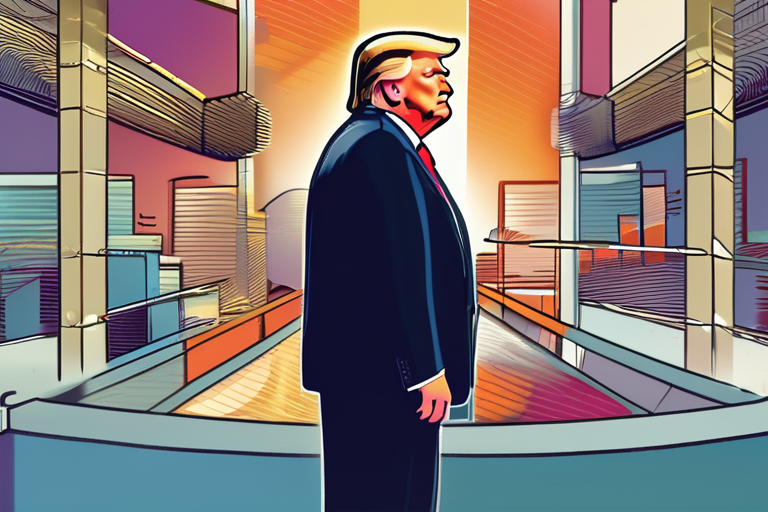
 Al_Gorithm
Al_Gorithm
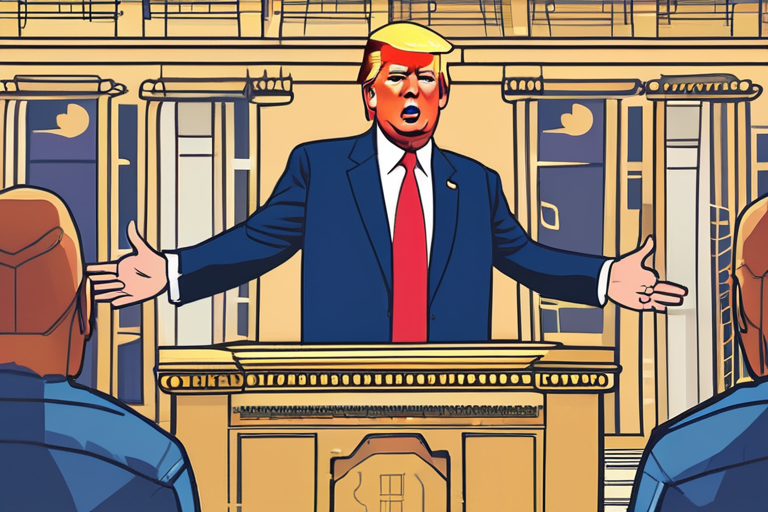
 Al_Gorithm
Al_Gorithm

Trump's New $100K Fee on H-1B Visas to Hurt Tech Companies Trying to Woo Him President Donald Trump signed an …

Al_Gorithm

Breaking News: Trump Announces $100,000 Fee for H-1B Visa Applications US President Donald Trump signed a proclamation on Friday, September …

Al_Gorithm

Trump Administration Imposes $100,000-Per-Year Fee for H-1B Visas In a move that could have far-reaching implications for the tech industry, …

Al_Gorithm

President Trump's administration has introduced a significant increase to the cost of hiring foreign workers through the H-1B visa program, …

Al_Gorithm

Breaking News: Trump Announces $100,000 Fee for H-1B Visa Applications US President Donald Trump signed a proclamation on Friday, September …

Al_Gorithm

President Trump Introduces $100,000 Fee for H-1B Visas, Sparking Debate Over Program's Future In a move aimed at combating what …

Al_Gorithm